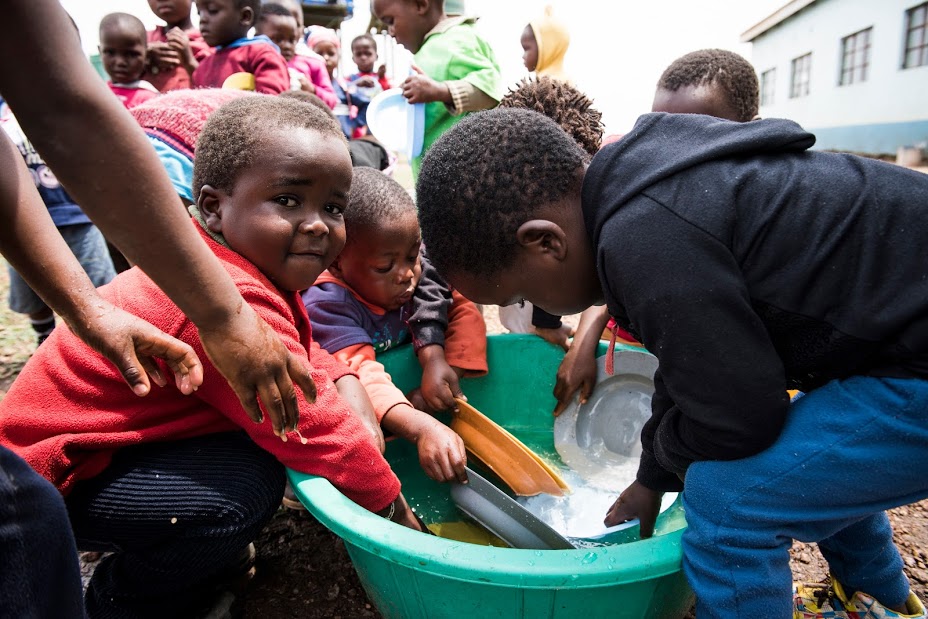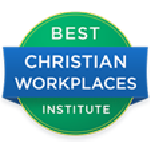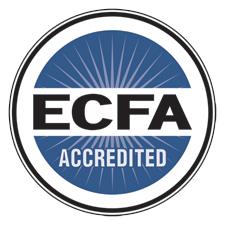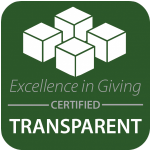Welcome to the ninth blog in our series, “The 12 Areas of Community Transformation.” Over the course of this year we are answering the question, “How is HopeChest different from other leading child sponsorship organizations?” Today’s blog is about the ninth of these 12 areas of primary community transformation.
Health + Hygiene
“You shall be holy as I am holy.” This is not just a spiritual cliché, but rather God’s guideline and desire for our lives. In the garden before the Fall, there was no disease or decay. Adam and Eve enjoyed a life without these burdens. However, with the Fall of mankind, the environment was taken down into the entanglements of death, as well. Now humankind would be subjected to these dangers and problems and would need to learn how to care for themselves and their surroundings, if they were to avoid disease and reduce the effects of decay.
God is not oblivious to these things. He has always involved Himself in the affairs of mankind. God desires dignity and wholeness for his children, and for humans to be be able to live healthily is pleasing to the Lord.
How Does HopeChest Fit In?
When HopeChest partners with a CarePoint, many CarePoints begin their partnership in the stage of “Survive.” This means that HopeChest meets the community where they are in terms of addressing critical needs.
Nutrition
Some of the children who attend HopeChest CarePoints are severely malnourished. Malnourishment may impact a child’s health in many long-term ways, such as stunting. Dietary programs are implemented at almost all of our CarePoints. In Guatemala, some CarePoints have breakfast projects so children do not have to go to school on an empty stomach. It is common for the meals that children receive at CarePoints to be the only meal they eat that day. Oftentimes, CarePoint staff may also identify children who are malnourished and provide an extra meal or nutrient-rich snack or drink to help the child reach a healthy weight.
Deworming is another integral program that occurs in Guatemala, Swaziland, Ethiopia, and Uganda. Receiving cycles of deworming medication helps children to better absorb all of the calories and nutrients that they eat during the day. Children who are HIV positive may also receive supplementary nutrition so they can maintain their health.
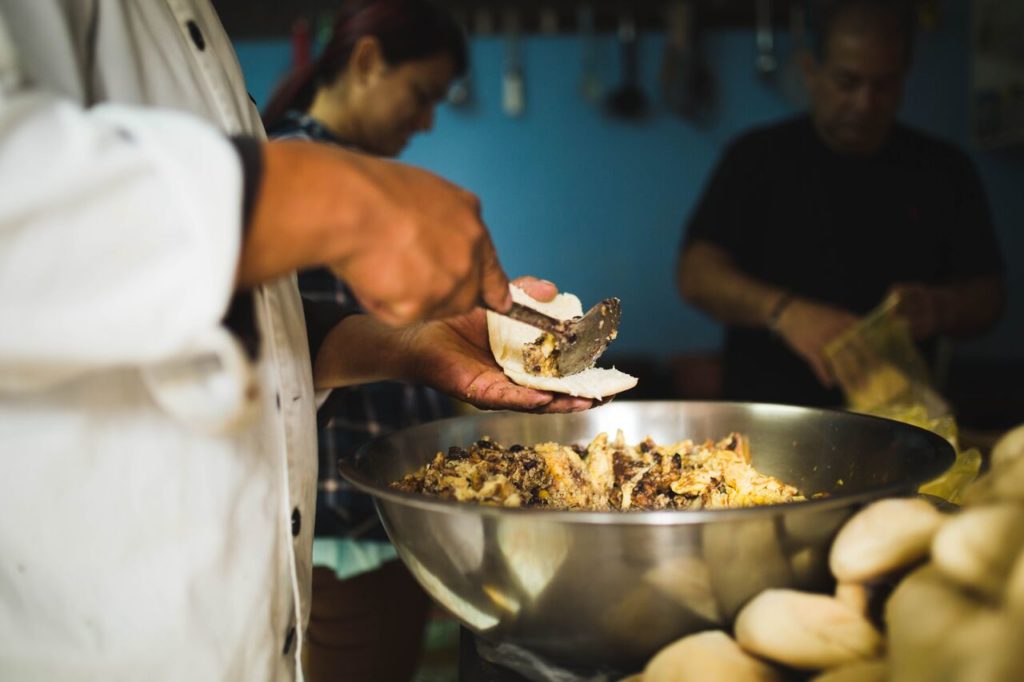
“WaSH” is a very important acronym that comprises three aspects of our involvement in HopeChest. Firstly, Water (Wa), then Sanitation (S) and finally, Hygiene (H). The three of these need to be understood from their combined impact as they interweave together and not only from their separate and distinct value. Water is essential for health and hygiene just as sanitation and hygiene are each essential for maintaining safe drinking water, which is essential to good health.
Water
In addition to implementing safe water projects with the guidance of local leaders, water projects must also be stewarded carefully with good sanitation practices so the water will not be contaminated. If a community has a safe water source, but one person brings a contaminated bucket, it could have a community-wide adverse impact. For this reason, as we bring safe water training, clean water stewardship must involve the whole community.
In-country staff also visit the homes of children who attend the CarePoint to see the living conditions of the children and to make sure that families have potable water or are boiling their water. If CarePoint staff notice that families are not boiling their water, they can gently remind them or teach them how to make their water safe to drink.
Sanitation
Assessing the sanitation in a community is also critical. For example, with the guidance of local leadership, HopeChest partners have helped to build and implement the use and maintenance of outdoor toilets at every CarePoint in Swaziland.
Hygiene
CarePoints also provide trainings for children and their families, empowering them to take ownership of their own health and hygiene. Often, CarePoints will distribute toothbrushes, soap, hair oil, or feminine hygiene products for young women. Hand washing trainings and toothbrush trainings are also common occurrences that help keep the children we serve healthy! In Russia, the Dental Program is one of the most popular programs, and provides free dental care for orphanage graduates!
How This Creates Sustainability
Community wells not only also contribute to agricultural projects, they also help to increase the safety and security of individuals in the community. When girls have to walk long distances to gather water for their families, they become more vulnerable and are exposed to greater danger. When a CarePoint has a safe water source, girls often do not have to walk as far and are also greeted at the CarePoint by caring staff.
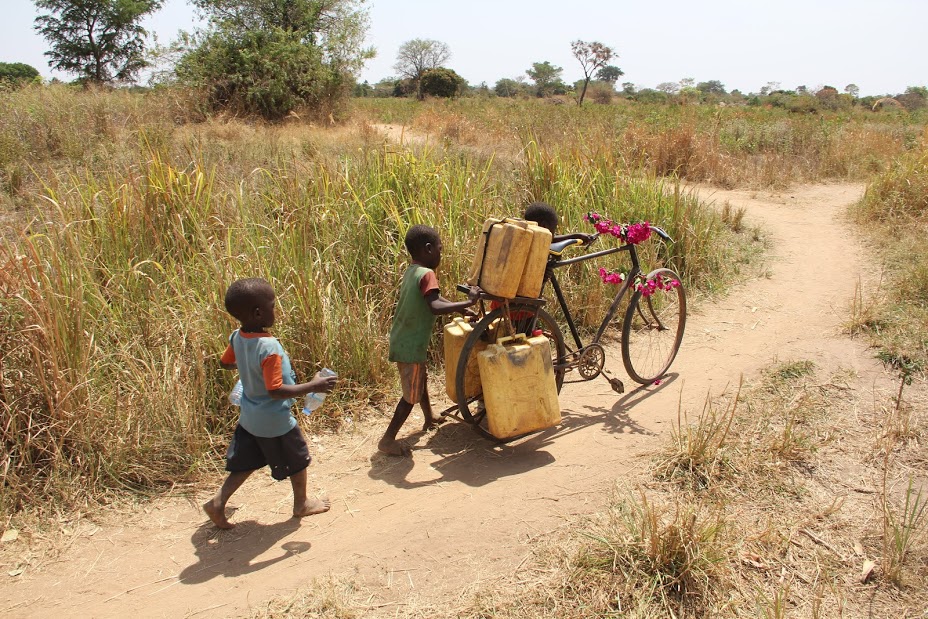
The health and hygiene of individuals are linked to the sustainability of a community in numerous ways. One of the ways that health and nutrition contribute to a community is that children who are malnourished are less likely to succeed in school, or sometimes even fail to attend school. Trying to pay attention to a teacher on an empty stomach is incredibly difficult. Nutrition is a building block for children who are able to lift their eyes from wondering what they will eat that day to looking toward their future. In the longer-term perspective, we want to train locals how to raise their own food and develop affordable solutions that create ways to increase their food security.
Building latrines and digging wells also provides jobs for people in the community. This stimulates the local economy and empowers people to take care of their families. Now a family can afford to focus on both education as well as healthcare and live in accommodations that have better sanitation and hygiene all of which helps to increase the family’s sustainability.
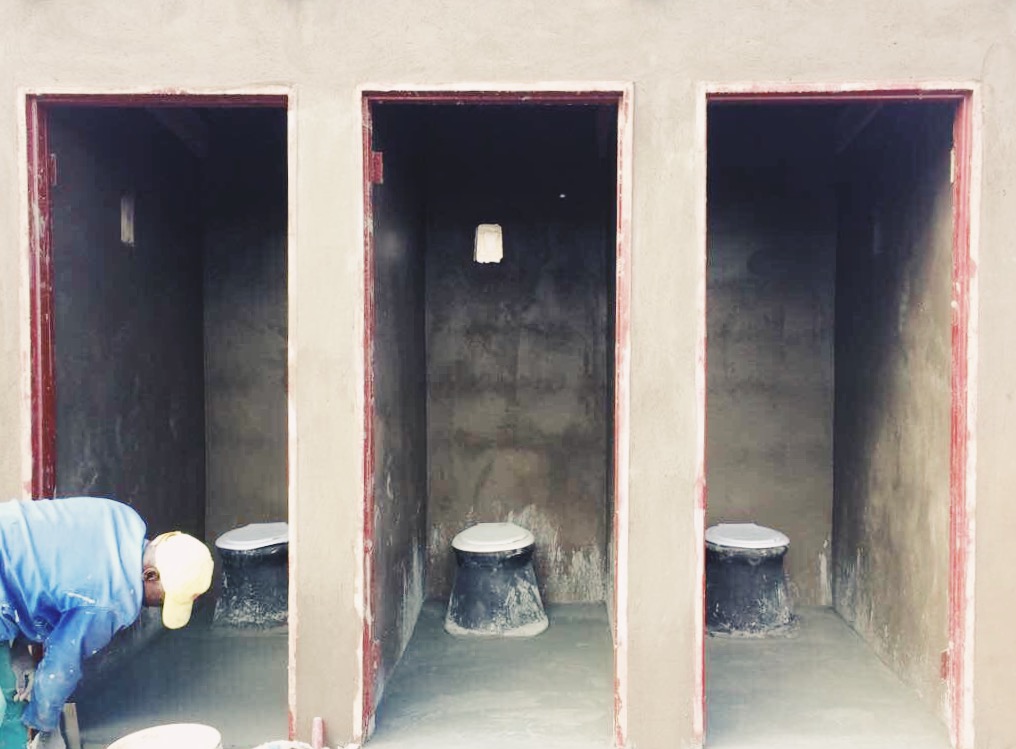
Similarly, when young women have the feminine hygiene products they need, they are less likely to have to skip school during their monthly cycle. It is critical for women to have knowledge on how to care for themselves, as well as have access to the products they need, so they can continuously attend school and thrive in their studies and, eventually, succeed in life.
CarePoints also provide a place for children to go while their parents are at work. For some parents, the place of work is in a community dump. In Guatemala, children who work in the dump picking up garbage with their parents are more susceptible to disease and often don’t experience a balanced diet. When a parent can take their child to a CarePoint before going to work in the community dump, that child has an opportunity to receive a nutritious meal and learn in a safe, sanitary, and hygienic environment.
Stories of Hope
There are a number of CarePoints in the various countries where HopeChest works that focus on the families and individuals that have suffered with the lack of nutrition or WaSH options. In these situations, we often see the starkest examples of improved living conditions and new hope for tomorrow.
When people don’t have sufficient nutrition or can’t avail themselves of good “WaSH” practices, their sense of dignity is diminished. God’s desire is for us to have life, and experience that life in abundance. Children’s HopeChest is grateful for the opportunity to partner with you to restore dignity to these individuals, families and communities.
___________________________________________
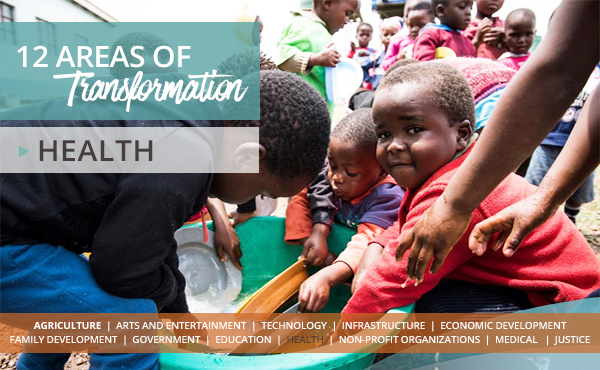
This blog is part of our educational series that answers the question, “How are you different from other leading child sponsorship organizations?” Over the course of the year we are going in depth about how your support impacts entire communities in 12 unique areas of transformation. If you don’t want to miss one of the blogs in our “The 12 Areas of Community Transformation” series, subscribe to our blog, HopeChest Insights, here!

